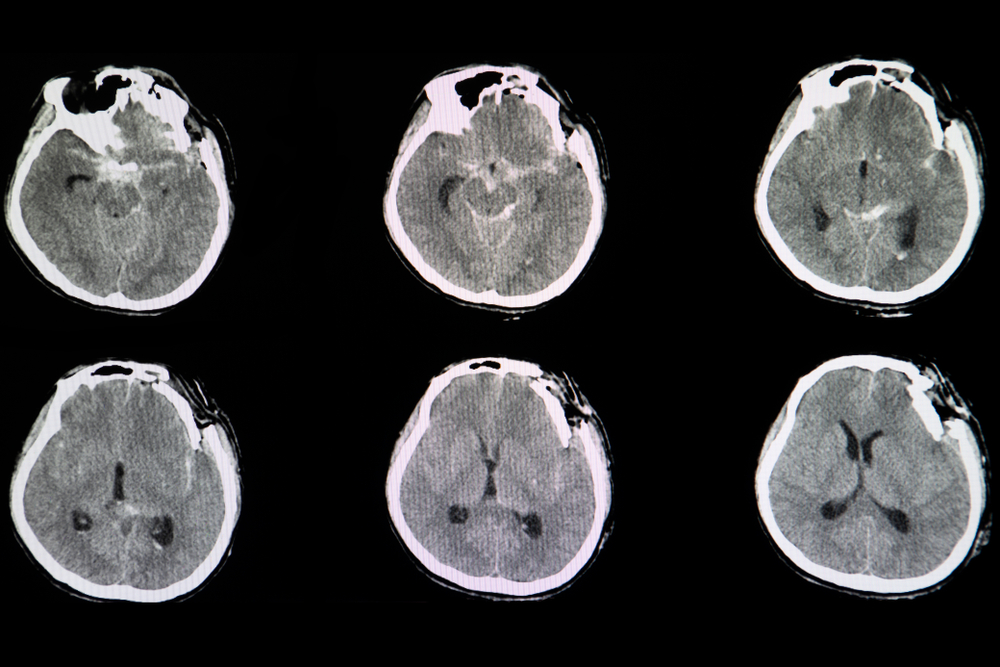Have you heard of the benefits of medical Cannabis in the treatment of autism? They exist and we are going to introduce them here. The functional deficits resulting from Autism Spectrum Disorder (ASD) significantly impairs the quality of life of patients with this disorder and their families. The most recurrent conditions affect the cognitive development, motor skills and social interaction capacity of these people.
The current pharmacological arsenal is based on antipsychotics, antidepressants and psychostimulants, with often low rates of efficacy and tolerability. Recent studies highlight the medical Cannabis as a safe and effective alternative in the therapeutic management of autism.
In this post, we will talk about the scientific evidence on medical Cannabis and autism, indicating how to incorporate phytocannabinoids in this therapeutic practice, in a safe and assertive way.
Autism Spectrum Disorder (ASD)
Autism Spectrum Disorder (ASD) is an atypical form of neurodevelopment, characterized by the early manifestation of difficulties in communication and social interaction, as well as by the presence of repetitive, stereotyped or restrictive behaviors, irritability and aggression, which impairs the well-being and the quality of life of the patient.
The set of dysfunctions associated with the Autism Spectrum Disorder (ASD) results in severe suffering, not only for those who have it, but also for family members and caregivers, given that people diagnosed with this disorder become dependent on many daily activities.
In some cases, symptoms such as attention deficit/hyperactivity disorder (ADHD), sleep disorders and self-mutilation attacks are quite common. The way in which the symptoms appear and the degree of severity of the conditions range widely.
Early interventions can change the prognosis, contributing significantly to improving the functional skills and quality of life of patients, such as behavioral and educational hyperstimulation resulting from psychopedagogical therapies.
Current pharmacological options are limited, have relevant adverse effects and low efficacy rates. For this reason, to know safer and more effective therapeutic alternatives and to invest in a qualified medical training to apply them is so necessary.
Scientific evidence of the relationship between Cannabis and Autism
Scientific research on medical Cannabis and Autism has been consolidated on the global stage with results that attest to the potential of cannabinoids (especially CBD) in the treatment of ASD. Some studies already prove that the use of extracts rich in CBD help to reduce many recurrent symptoms of the disorder, such as sleep disorders, hyperactivity and aggression.
Domestic scenario
One of the most relevant scientific studies on Cannabis and autism was conducted by Brazilian researchers that are reference in the subject. The research, published in 2019 in the journal Frontiers in Neurology, demonstrated CBD-enriched cannabis extract to treat symptoms of the autism spectrum.
The experiment evaluated 15 patients with ASD who underwent compassionate use of the predominant Cannabis extract in CBD. Five of these patients had difficult-to-control epilepsy. After a period of 6 to 9 months of treatment, only one of these patients did not show improvement in the symptoms of ASD in the 8 categories evaluated. They are:
- Attention Deficit/Hyperactivity Disorder (ADHD);
- Behavioral disorders;
- Motor deficits;
- Deficits in autonomy;
- Communication/Social interaction deficits;
- Cognitive deficits;
- Sleep disorders;
- Seizures.
Also, according to this study, the most striking improvements were in relation to seizures, ADHD, sleep disorders and deficits in communication and social interaction. It is also important to note that 10 of the 15 patients used allopathic medication and managed to maintain the therapeutic results associated with the use of CBD, even after the reduction or suspension of the other medications.
Adverse effects reported were rare and mild. The experiment proved even more promising for the 10 patients without epilepsy, who were part of the group. Among these 10 patients, the following results stand out:
- 9 of them showed improvement of 30% or more in at least one of the 8 categories evaluated;
- 6 of them showed improvement of 30% or more in at least two of the 8 categories evaluated;
- 4 of them showed improvement of 30% or more in at least four of the 8 categories evaluated.
International scenario
The scientific journal Nature of great international prestige, published in 2019 a study of Israeli researchers in which data from 188 patients with ASD treated with CBD-rich cannabis extracts between 2015 and 2017 were analyzed. The group was on average approximately 13 years old and some patients had associated disorders, being epilepsy (14.4%) the most recurrent.
After 6 months of treatment, there was an improvement in the symptoms of irritability, sleep disorders, psychomotor agitation and anxiety disorders in 75% of patients. Regarding the degree of improvement of these symptoms, the researchers scored the following results achieved:
- 30.1% of patients reported significant improvement;
- 53.7% of patients reported moderate improvement;
- 6.4% of patients reported slight improvement;
- 8.6% of patients reported no improvement.
Although many studies on Cannabis and Autism are still under development, preliminary results point to CBD’s promising role in this context, encouraging physicians to study and incorporate cannabinoid derivatives into their therapeutic arsenal to bring better results and more quality of life to patients with ASD and their families.
WeCann offers a robust learning journey to help you make safe and assertive prescriptions with medical cannabis. Contact us and join our global community of Endocannabinoid Medicine!
References
Bar-Lev Schleider L, Mechoulam R, Saban N, Meiri G, Novack V. Real life Experience of Medical Cannabis Treatment in Autism: Analysis of Safety and Efficacy. Sci Rep. 2019.
Fleury-Teixeira P, Caixeta FV, Ramires da Silva LC, Brasil-Neto JP, Malcher-Lopes R. Effects of CBD-Enriched Cannabis sativa Extract on Autism Spectrum Disorder Symptoms: An Observational Study of 18 Participants Undergoing Compassionate Use. Front Neurol. 2019.




